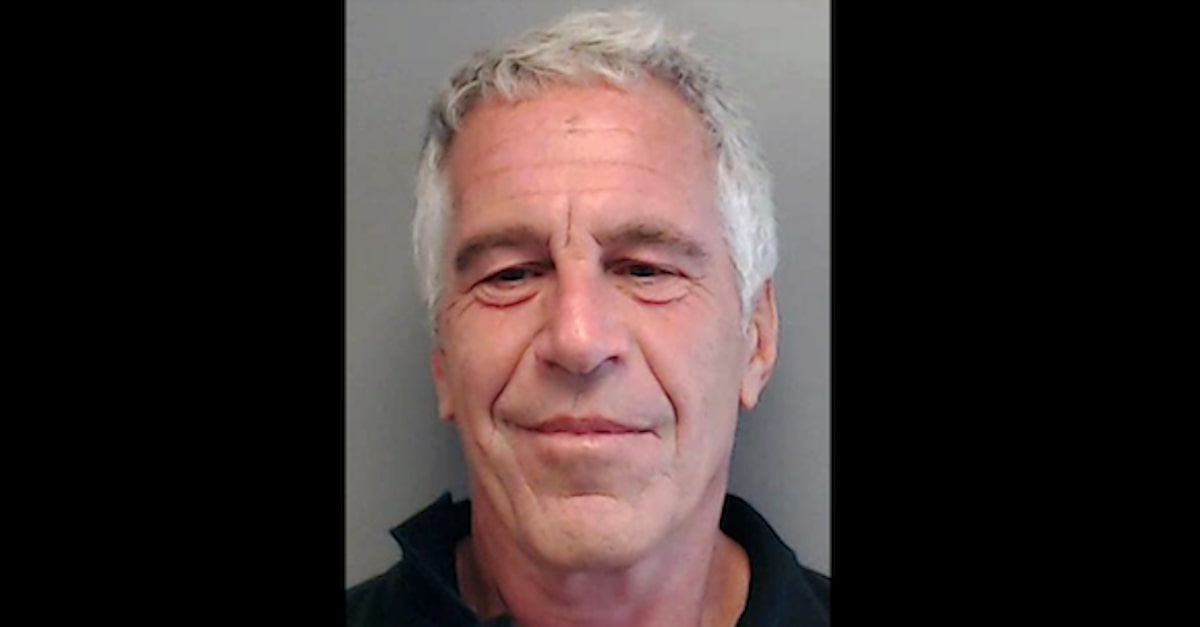
A lawyer who represented three of Jeffrey Epstein‘s accusers more than a decade ago is apparently worried that Epstein didn’t really attempt suicide behind bars, suggesting instead that a “hit” to silence him forever would not be out of the question.
“I do question whether it was a true suicide attempt. I mean how do you choke yourself? It doesn’t make any sense,” Spencer Kuvin told the UK tabloid The Sun. “I question whether or not it was a true suicide attempt that Mr. Epstein was involved in in jail or whether or not there may be some powerful people who just don’t want him to talk.
To Kuvin, it’s clear that the powerful men and/or women who occupy the pages of Epstein’s Rolodex would do anything in their power to keep Epstein from implicating them — presuming there’s a threat he would do so, of course.
“If he goes on trial, everyone he’s been in contact with will ultimately be fair game,” Kuvin continued. “There’s no doubt in my mind that no jail will protect you when there’s [sic] powerful people that want to reach you – wherever you are. If he’s going to implicate anyone in power that has the ability to reach in and somehow get to him – his life is definitely in jeopardy.”
On Wednesday, July 24, nearly a week after being denied bail, Epstein was found lying semi-conscious on the floor of his jail cell with marks on his neck. His cellmate, Nicholas Tartaglione, a former cop awaiting trial for a quadruple homicide, was questioned immediately after Epstein was found. According to a later report, however, Tartaglione claimed he saved Epstein’s life while the latter was attempting suicide. Both Tartaglione and his lawyer categorically denied that the inmate had assaulted Epstein.
Since then, there have been plenty conspiratorial rumblings regarding Epstein’s alleged suicide, from the less serious “Clinton Body Count” rumors to the more interesting claims regarding Tartaglione possessing a cellphone while incarcerated. The contents of Tartaglione’s phone have yet to be searched, as his lawyer claimed that prosecutors could gain access to privileged information if they look at the phone.
Kuvin hasn’t overtly referenced these theories but has instead looked to history for precedent, citing the Profumo affair (a 1959 British scandal in which John Profumo was forced to resign after having an affair with a 19-year-old). The girl was introduced to him through his friend Stephen Ward, a man known for procuring young women for elite politicians and businessmen.
Ward was put on trial for immorality offenses, but was granted bail. He committed suicide under suspicious circumstances before the verdict was handed down, however. Kuvin told The Sun that “there are a lot of similarities between what happened in the Profumo affair and the Epstein case.”
“It’ll be interesting to see whether or not Mr. Epstein attempts again to get out on bail and if he does whether he survives between now and the date of his trial,” Kuvin said.”The rich and powerful think they are beyond the law and they end up doing things that are beyond the law. You can see it with the Profumo affair and you can see it here.”
Still, while it paints a compelling narrative, Kuvin’s analysis is little more than a theory, a piece of string connecting two very distant cases. It’s possible that Epstein really did attempt suicide — he’s faces charges of conspiracy to commit sex-trafficking and sex-trafficking for allegedly sexually abusing young girls. It’s also possible that Epstein and Tartaglione had some sort of dispute. It’s also possible that Epstein could have, as some have suggested, staged a failed suicide attempt to improve his pre-trial conditions.
Whatever the case, the Epstein jail cell incident remains under investigation.
[Photo via Florida Department of Law Enforcement via Getty Images]